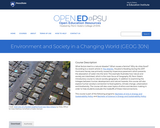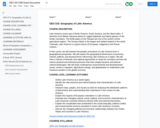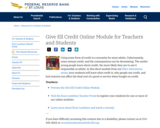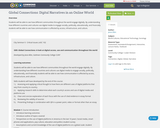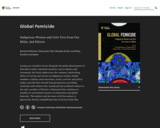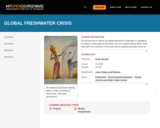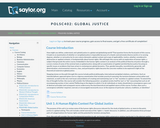Indigenous Women and Girls Torn from Our Midst, 2nd Edition
Short Description:
Laying our Canadian stories alongside the global phenomenon of femicide in other colonized countries such as Mexico and Guatemala, this book underscores the common, interlocking effects of racism and sexism on Indigenous women. Family members, scholars and researchers, artists, activists and policy-makers provide their decade-long perspectives, providing testimony and evidence that sexualized and racialized violence is not only a product of historic colonization but continues to manifest in entrenched systems of colonization and global femicide. The analysis and the heart of all the authors is generously shared, exemplifying what resistance looks like.
Long Description:
Global Femicide: Indigenous Women and Girls Torn from our Midst brings Canadian, Mexican and Guatemalan stories together to show that the interlocking systems of sexualized and racialized violence is not only a product of historic colonization but continues to be entrenched as deliberate systems of colonization and global femicide. Using reflections from Torn from our Midst: Voices of Grief, Healing and Action from the 2008 MMIW Conference, this book is uniquely situated to provide a decades-long retrospective on what, if anything has changed since the time of that conference. Roadblocks and successes are found in the chapters written by family members, scholars and researchers, artists, global activists and Canadian policy-makers.
This book is designed to be readable and approachable, taking an Indigenous feminist approach of including personal stories of family members as well as critical analyses of history, governmental policies, intimate partner violence and health, and intergenerational art activism. Issues around governmental manipulation in the Canadian Indian Act, Mexican families’ resistance to neo-liberal economics as it pertains to the vulnerability of women workers in maquiladoras as well as the rampant environmental crisis, and the devastation wreaked by complicit governments and police forces in Guatemala all have bearing on the specific vulnerability of Indigenous women. Book sections provide specific recommendations, such as the chapters on pedagogical and administrative transformation at the university level. The book is driven by the underlying question of how we can best prepare and support young adults in work that redresses structural colonialism and violence against women. Each chapter serves as a call to all global citizens to engage in the work of decolonization, reconciliation (or “setting things right” as Maria Campbell teaches us) and justice. The analysis and the heart of all the authors is generously shared, exemplifying what resistance looks like.
Word Count: 83097
ISBN: 978-0-7731-0762-5
(Note: This resource's metadata has been created automatically by reformatting and/or combining the information that the author initially provided as part of a bulk import process.)


